Some things haven’t changed in snooker over the past few years. Dennis Taylor comfortably in the commentary box at the Crucible. Cries over the issue that snooker will be nothing without Ronnie O’Sullivan. The continuing wait for when the Chinese will dominate the game. But one thing that hasn’t changed is the constant annual debate over the ranking status of the Snooker Shoot-Out.
We might as well mark it on our calendar at this rate. From starting out as an event of light relief in 2011, it became a ranking-event in 2017. Now the Snooker Shoot-Out is part of the brand-new BetVictor European Series, where the winner’s cheque has increased from £32,000 the previous year to £50,000. But the debate over this tourney alone still rages. The 2020 draw has been released, which you can find out by clicking here.
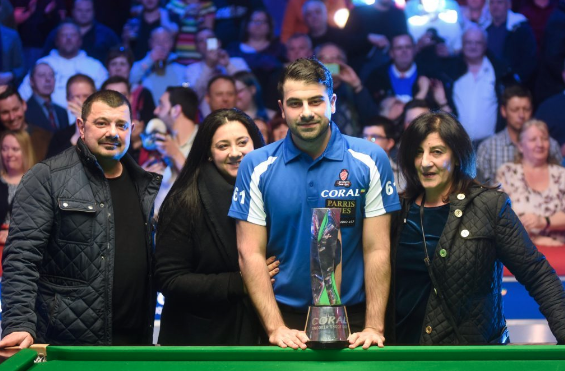
So why is the ranking status of the Snooker Shoot-Out so controversial?
A Small Recap
The Snooker Shoot-Out was only a one-off, non-ranking, novelty event. It broke the traditions of snooker by getting the crowd more involved and allowed the players to show off their personality and exhibitionism a little. There is a time limit per shot and you have to hit the cushion, for example. As there were no ranking points involved, there was little point in taking snooker too seriously. To win the Snooker Shoot-Out tournament then, one needed to win six 10-minute frames against six opponents. Not too shabby.
So when chairman Barry Hearn announced in 2016 that the Snooker Shoot-Out would become a fully-fledged ranking-event, there was uproar.
The traditionalists at the time argued that this decision goes against everything a professional ranking event should be about. The tournament doesn’t even follow the traditional rules of snooker. It doesn’t actually feel like a professional event when you have the loud and boisterous crowd yelling at you. It seemed grossly unfair that a Crucible spot or players’ livelihoods are being determined by just one light-hearted 10-minute frame. Most importantly, many feel that to class this event with the same status as the World Championship and the UK Championship as deeply insulting.
Hearn, on the other hand, was relishing the controversy. He argued that it was an innovative and fresh idea to attract more fans, especially from the younger generation. Not only that, it was a chance to boost TV ratings to help snooker gain more publicity. With the addition of ranking points being at stake, the increased pressure, adapting to faster conditions and fierce competition makes the event deserving of its ranking status. In the era of greater opportunities and a level-playing field, the Shoot-Out encourages competition through a broader variety of snooker tournaments.
Fast forward three years, what has changed? Have fans and professional players changed their minds over its status? Or has it failed to convince that it is worthy of its promotion?
Excitement & Young Talent Breakthroughs
Is it attracting more coverage? Yes. Because of the ranking tag, it feels like we are watching something meaningful and important rather than a piss-up. TV coverage is key to promote any sport in such a media-dominated world. But we are told not to forget that this is also a fun event.
The big plus of the Shoot-Out is that it puts younger prospects into the spotlight. Last year, the English Under-18 champion Ryan Davies reached the Last 16 of the Shoot-Out, beating Sunny Akani and Robbie Williams. 14-year-old Ben Mertens managed to beat former No. 3 James Wattana in the first round! This year will be no different. Iulian Boiko, Dean Young, Sean Maddocks, Robbie McGuigan and Aaron Hill are all under 19 years of age and are given wildcards to be in the 2020 Snooker Shoot-Out.
Also – Mertens beating Wattana; Jimmy White beating Reanne Evans; Ricky Walden defeating 12-year-old Liam Davies. These are the sort of crazy ties that should attract any attention of a passer-by!
Not only that, female players are participating in it too! 2020 World Women’s Championship finalists Reanne Evans and Nutcharut Wongharuthai are playing in this tournament, no different to when Evans and World U-21 champion Emma Parker starred in the event last year. As Evans said, “the only way young girls are going to play snooker is they see other women and juniors doing it.”
Will it encourage other people to play snooker? Only time will tell but people are talking about it and one has to start somewhere.
Professionals Are Getting On Board
But what do the players think? Over social media, a lot of players chastised the decision of making the Snooker Shoot-Out a ranking event. That includes Mark Williams, Mark Allen, Neil Robertson, Joe Perry and Peter Ebdon, among many. Even Ebdon, who at the time said he would boycott the event in disgust, had his head turned and played in the event last year and was positive. For some, it made careers. 2018 winner Michael Georgiou said that it helped him achieve a Top 64 status and everyone enjoyed seeing someone like Thepchaiya Un-Nooh win a ranking event.
So coverage, fun, seeing young talent and a wonderful story featuring many characters with a title at stake. And Barry Hearn loves stories. A lot of TV global coverage to boot and some variety in snooker format as well. All with an incredible atmosphere for the fans, referees and the players.
Careless Errors & Loutish Behaviour
But first off, it doesn’t look like a professional event. There’s ‘fun’ and then there’s drunk, chanting behaviour that snooker never liked. For a sport that enjoys decorum, it doesn’t feel as illustrious in comparison to other tournaments, especially the World Snooker Championship. The songs can start to wear to the point of being irritating and distracting.
Many point out that the crowds can be so loud it would distract the referees as well. There was controversy in 2017 when Rob Spencer failed to call a time foul on Xiao Guodong. He might not have heard the beeping klaxon due to the loud audience but that mistake cost David Gilbert a place in the next round. These are errors that would be unforgivable in a non-ranking tournament, never mind a ranking tournament.
Other purists made a point that not only does it not look like a professional event, it doesn’t run like a professional event. The draws are a complete lottery, leaving a ranking title won in some ways based on luck. In a very unlikely scenario, one could win the ranking title without beating a professional player as long as one draws against the amateurs. When Anthony McGill won the title in 2017, he called it a “coin-toss tournament … In no way on God’s earth should this be a ranking tournament.”
Putting Lipstick on a Pig
There’s a phrase I remember, which is “putting lipstick on a pig.” Essentially, this means making cosmetic changes to a thing while failing to disguise the true nature of that thing. The Shoot-Out is brilliant but I do feel that an unnecessarily huge amount has been thrown at the event for the sake of making it more relevant. Since it first became a ranker in 2017, it grew from 64 to 128 players. The prize fund increased from £146,000 last year to £175,000. Despite the fact that the Riga Masters would be more suited, the Shoot-Out is now part of the new and lucrative BetVictor European Series.

I understand that these incentives and ranking points are in place to encourage top players to play in the event. It’s worked in some ways. Ronnie O’Sullivan and Mark Selby will enter the Shoot-Out this year for the first time since 2015. On the other hand, Judd Trump and Neil Robertson haven’t played in many years and opted out in favour of playing in the Gibraltar Open. If it is taking this much effort to entice players to attend the event, why it should have the reputation of being a ranking event at all?
Ending
It’s a seriously interesting debate. As you can guess, I’m in the non-ranking camp. It is a brilliant event to spectate and everyone seems to be having a fantastic time. But I cannot shake the feeling that this ranking title can be won by winning seven frames, rather than seven matches. It feels closer to darts, it doesn’t test a player’s skills as much and relies a lot on luck.
To win the Riga Masters, a sportsman has to play in between 28-49 frames to win £50,000. Is it slightly over-inflated that to win £50,000 in the Shoot-Out, all you need to do is win just 7 frames? Is it right that, even in 2020, the winner of a Shoot-Out would earn the same as a quarter-finalist of the World Championship?
Indeed, its format isn’t not going to take over the globe and it’s only just one event. But it just feels like a much easier event to win compared to the others. I would be annoyed if I lost my place on tour because of one frame at an event that has different set of rules. A few others haven’t changed their mind about this.
Now, it is very easy for me to make these critical points, even though I’ve never been before. I’ve always wanted to go and see it live to see if the atmosphere is as amazing as everyone says it is. Ashley Hugill recently said that the atmosphere is like no other tournament. So I’m actually going to the Watford Colosseum on Sunday to watch the Shoot-Out live. I’m really looking forward to it, beer in hand, colourful shirt or not! It will be an interesting experience.
I still think Dechawat Poomjaeng should get a permanent wildcard though.
The 2020 BetVictor Snooker Shoot Out will be taking place from 20th – 23rd February 2020 at the Watford Colosseum in Watford, England.

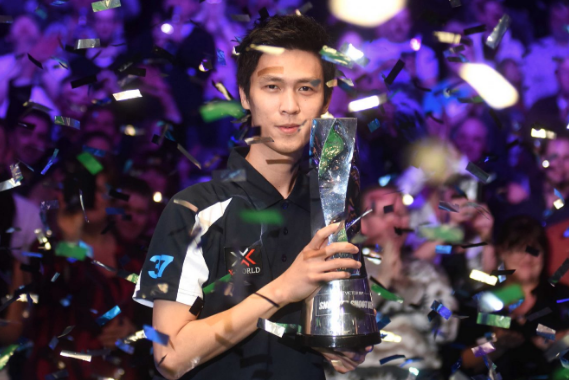
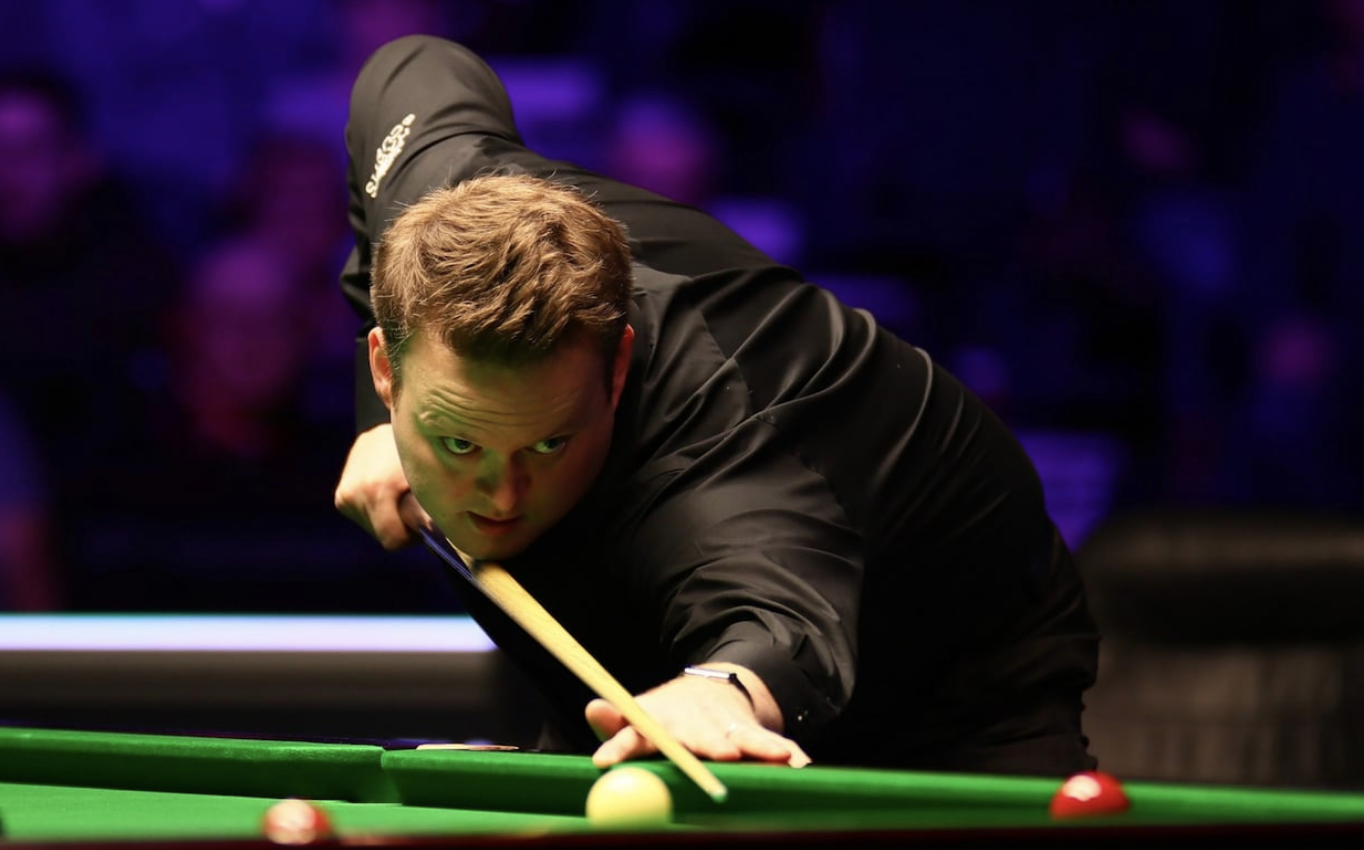
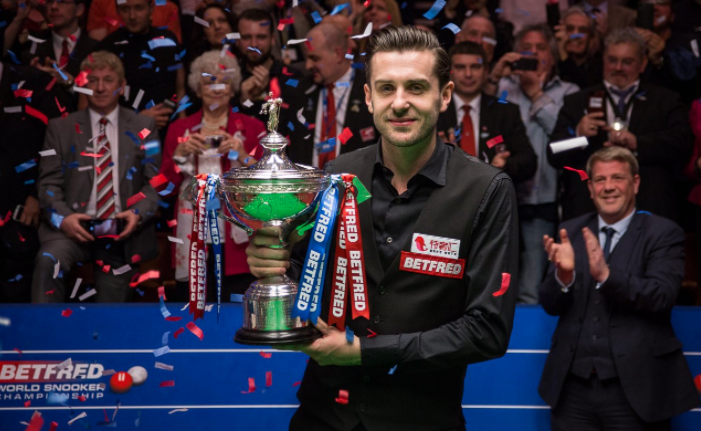
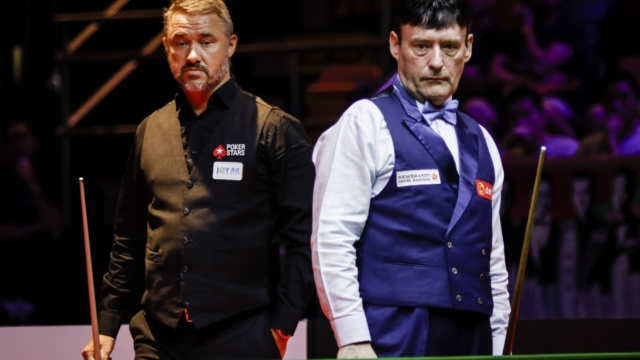
I have never been, despite living in London, but I might give it a try this week depending on work (would be my 5th ‘ranking’ tournament of the season). But I really abhor the drunken – sometimes abusive – atmosphere, and I’m also not keen on the way every public event these days has to be turned into a pop disco. It’s definitely not one for the kids – a huge missed opportunity.
The rankings debate will rumble on until it breaks (which it will, but not without dogged resistance from the die-hards, possibly ruining snooker in the process). Almost certainly somebody will drop outside the top-64, and indeed the Coral Players’ Championship may be without its defending champion. You can’t measure the standard of snooker players by ‘variant’ snooker.